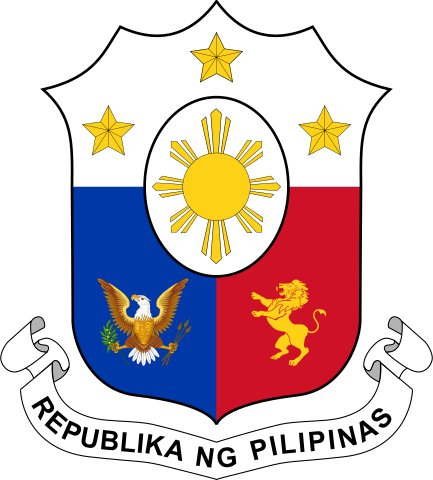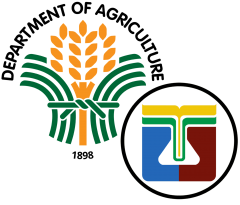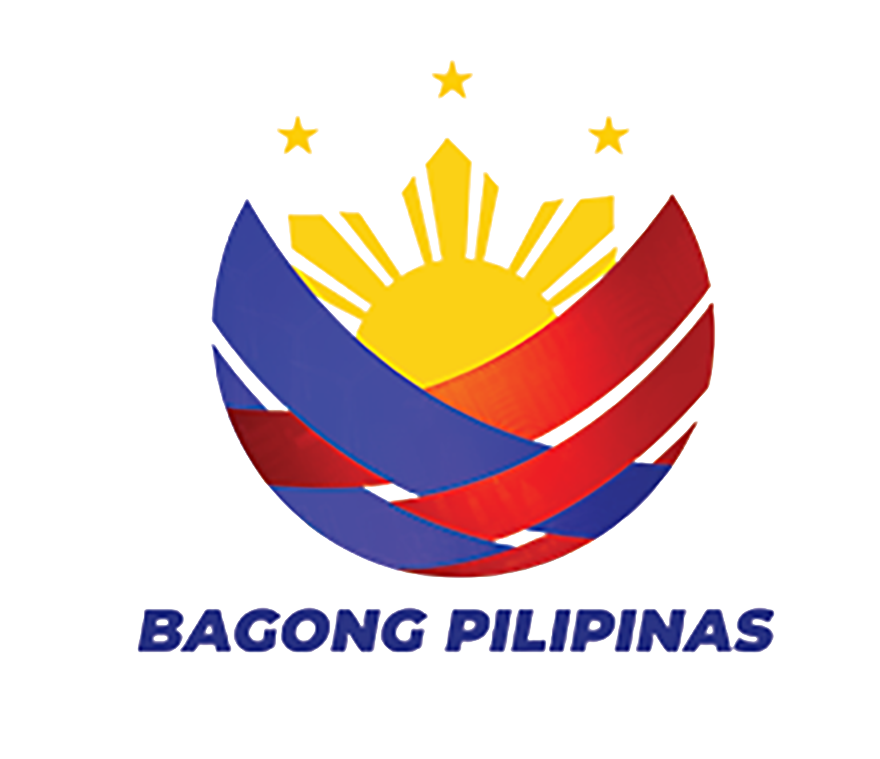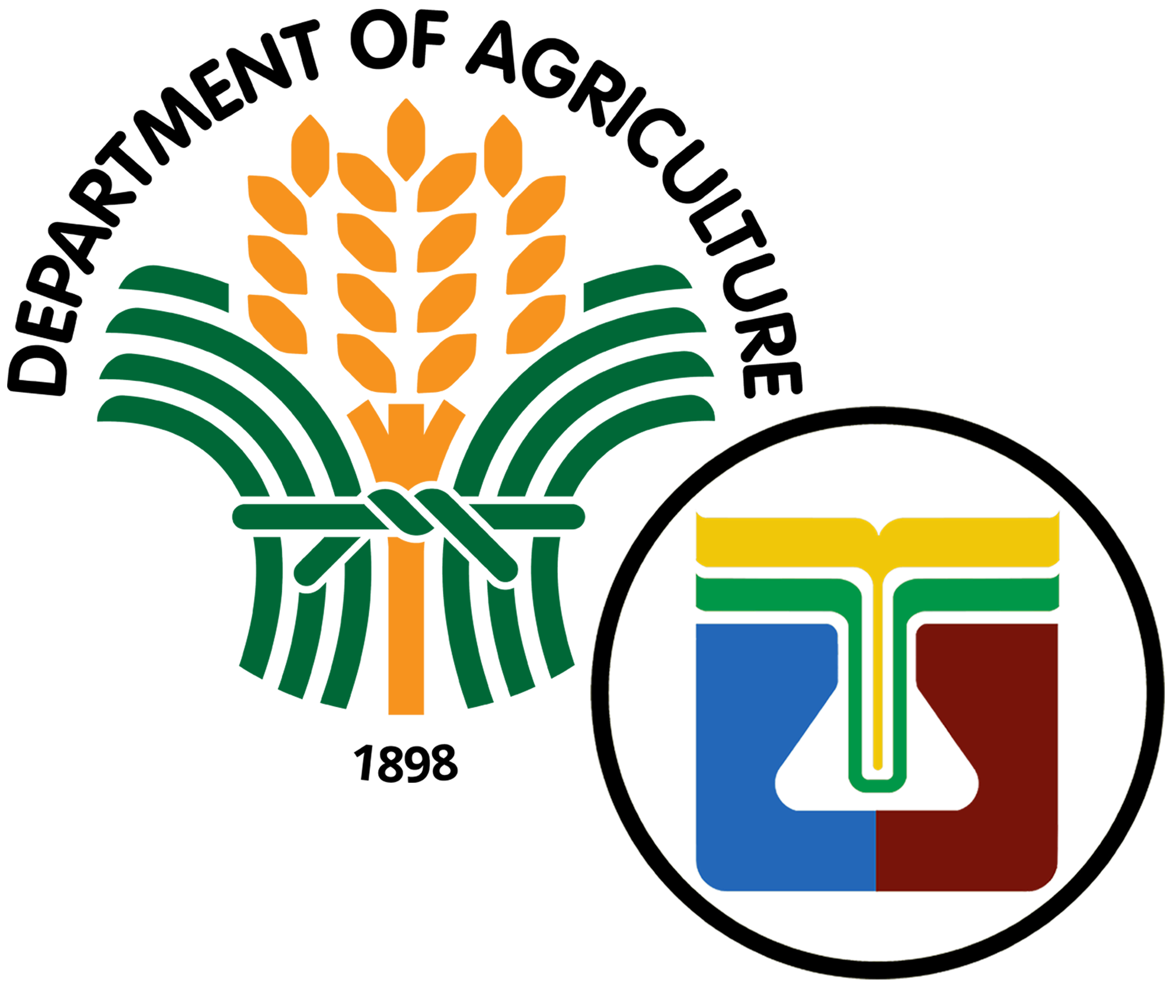PD 1435
DA DC 3. s. 2019 and DA MC 33 s. 2020
The Presidential Decree (P.D.) No. 1435 was signed on 10 June 1978, which authorizes the Bureau of Soils and Water Management (BSWM) to supervise, regulate, and control the establishment and operations of all soil laboratories in the Philippines. The Decree was signed by former President Ferdinand Marcos Sr. and became one of the most important laws during his presidency. Nevertheless, three decades had passed and the law was not fully implemented. With the continuous political turmoil in the country, PD1435 has been set aside, the effort for self-sustainability path for the country has been tremendously affected.
As the years go by, driven by even greater challenges and the need to better address the requirements of recent issuances, the Implementing Rules and Regulations (IRR) of the PD 1435 was updated; also known as the Department of Agriculture (DA) Department Circular (DC) No. 3 s. 2019. The Section 3 of the updated Implementing Rules and Regulations have identified the following additional powers and functions of the BSWM, to wit:
a)Formulate and set comprehensive guidelines for the establishment of soil laboratories in the Philippines;
b)Formulate and establish soil testing standards and methodologies;
c)Supervise and coordinate the technical operations of all private and government soil laboratories; d) assist and integrate the soil testing activities of the private sector with that of the government sector;
d)Call on any department, bureau, office, agency and instrumentalities of the government in the form of personnel, facilities and other resources as the need arises in the performance of its functions;
e)Establish data banking system for efficient technological transfer and data utilization;
f)Grant licenses and impose fees on private soil laboratories; and
g)Perform such other functions as may be necessary to attain the objectives of P.D. 1435.
Likewise, the BSWM spearheaded the implementation of DA Memorandum Circular (MC) No. 33 s. 2020 or the Guidelines for the Issuance of License to Operate Soil Laboratory (LTO-SL). The LTO-SL served as an instrument for the BSWM to control, evaluate and supervise the Manpower, Physical Layout, Equipment and Apparatus, Test Methods, Quality Control / Quality Assurance, Laboratory Procedures aspects of the Soil Laboratories in the Philippines. The Guidelines also reenforced the requirements imposed by the established by-laws and ordinances of regulatory bodies such as Professional Regulation Commission (PRC), Philippine National Police (PNP), Philippine Drug Enforcement Agency (PDEA), Department of Environment and Natural Resources (DENR), Laguna Lake Development Authority (LLDA), Republic Act (R.A.) 10657, otherwise known as the Chemistry Profession Act and RA 1080 for other professionals. Meanwhile, the assessment of technical competency is based on the internationally recognized standard, ISO/IEC 17025:2017. This leads to a mechanism for the Bureau to monitor and improve the establishment and operation of all Soil Laboratories in the country.
PD 1435, Global Soil Laboratory Network and the Philippine National Soil Laboratory Network
Section 3a of the Department Circular No. 3 series of 2019 led to the establishment of the National Soil Laboratory Network for the Philippines (Phil NASOLAN). This is an extension of the Global Soil Laboratory Network (GLOSOLAN); which was launched by the Food and Agriculture Organization (FAO) last November 1-2 2017 and was later followed by the establishment of the Regional Soil Laboratory Network (RESOLAN). The Phil NASOLAN was formed following the endorsement of the global implementation plan for the Global Soil Partnership Pillar 5: Harmonization of Methods, Measurements and Indicator for the Sustainable Management and Protection of Soil Resources.
As such, the purpose of the PHIL NASOLAN is in line with that of FAO-GLOSOLAN: to improve the quality of soil laboratory data to support decision making at field and policy levels. It specifically aims to: (1) strengthen the performance of laboratories through use of standardized methods and protocols; (2) harmonize soil analysis methods so that soil information would be comparable and interpretable across laboratories; and (3) provide a certification for technical competencies in laboratory analysis. Furthermore, the PHIL NASOLAN encompasses all activities towards improvement of laboratory Quality Assurance (QA) implementation and laboratory competency through Ring Tests or Proficiency Testing programs. The network will focus on sharing of best practices in soil testing activities of all soil laboratories, linking of laboratory data and provision of training for laboratory personnel.
The PHIL NASOLAN was established last June 2017 and was launched last September 23, 2019 at the BSWM Convention Hall; wherein 24 members of the network consisting of all Soil Laboratories in the country such as DA-Regional Soil Laboratories, Private Soil Laboratories, State Universities and Colleges and International Organizations signed the Commitment of Support. The network carries out its expansion to DA- National Laboratories as well as to Provincial Soil Laboratories in the country.
The Network held its 1st General Assembly and the concurrent Launching of the PD 1435 Guidelines on the Issuance of the License to Operate Soil Laboratory this November 9 and 10, 2020 at the BSWM Convention Hall and via video teleconferencing app Zoom. The event served as a venue for the introduction of the Guidelines of License to Operate Soil Laboratory – now known as the DA MC No. 33, s. 2020. The mechanics of PHIL NASOLAN membership and the logo of the Network is also officially unveiled. Representative from different soil laboratories also presented their laboratory profile, aimed to classify general information, needs and capacity of the laboratories in the Philippines. The soil laboratories in the country also had a breakout session to discuss the governance of the network as well as the workplan for the year 2021-2023; which focuses on the following aspects: Resource Mobilization, Learning and Development, Conduct of Regular Meetings, Monitoring of Activities, and Promotion and Advocacy Raising. The laboratories then presented their output, and the network immediately found the differences in the needs of each laboratory categories. Dr. Gina P. Nilo delivered her closing message, congratulating the participants for their active participation to the network and reminded everyone of the main goal of the network: to make a strong representation of the Global Soil Laboratory Network as well as the Asian Regional Soil Laboratory Network; and to strengthen the linkages and improvement of the standards of all the laboratories.
The 2nd Phil NASOLAN General Assembly was conducted last December 2021; with the main objective of integrating the workplan of the network with that of the National Soil Health Program – a 3-year project with the goal to have a systematic and holistic approach in addressing soil health to ensure sustainable use and management of soil resources and enhanced productivity and income in line with the Department of Agriculture’s twin objectives of sustainable production and profitability. The terms of reference, organizational structure was first discussed, followed by the election of the Phil NASOLAN Co-Chairs, with BSWM serving as the Chair. The members were divided into a short breakout session; wherein inputs regarding Resource Mobilization, Monitoring Activities, Promotion, and Advocacy Raising Intervention were given. This was later followed by the Ways Forward of BSWM to sustain the Phil NASOLAN through NSHP; wherein key programs were identified based on the result of the survey during the 1st Phil NASOLAN General Assembly and was already incorporated with the development of NSHP. BSWM have also given a glimpse of the on-going programs – namely the Capacity Building Program and the Proficiency Testing Program.
For further details, please visit:
https://www.bswm.da.gov.ph/pd1435/



